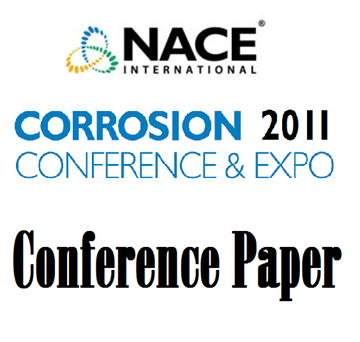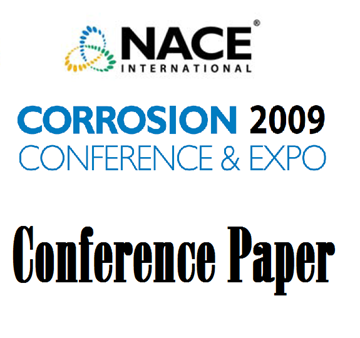Search
10360 Description and Explanation of an FCC Overhead System Unexpected Corrosion
Also Purchased
11360 Corrosion in Crude Distillation Unit Overhead Operations: A Comprehensive Review
Product Number:
51300-11360-SG
ISBN:
2011 11360 CP
Publication Date:
2011
$20.00
07564 FCCU Light Ends Plant Carbonate Stress Corrosion Cracking Experience
Product Number:
51300-07564-SG
ISBN:
07564 2007 CP
Publication Date:
2007
$20.00
09358 Corrosion Mitigation and Monitoring in Sulfur Recovery Unit
Product Number:
51300-09358-SG
ISBN:
09358 2009 CP
Publication Date:
2009
$20.00




